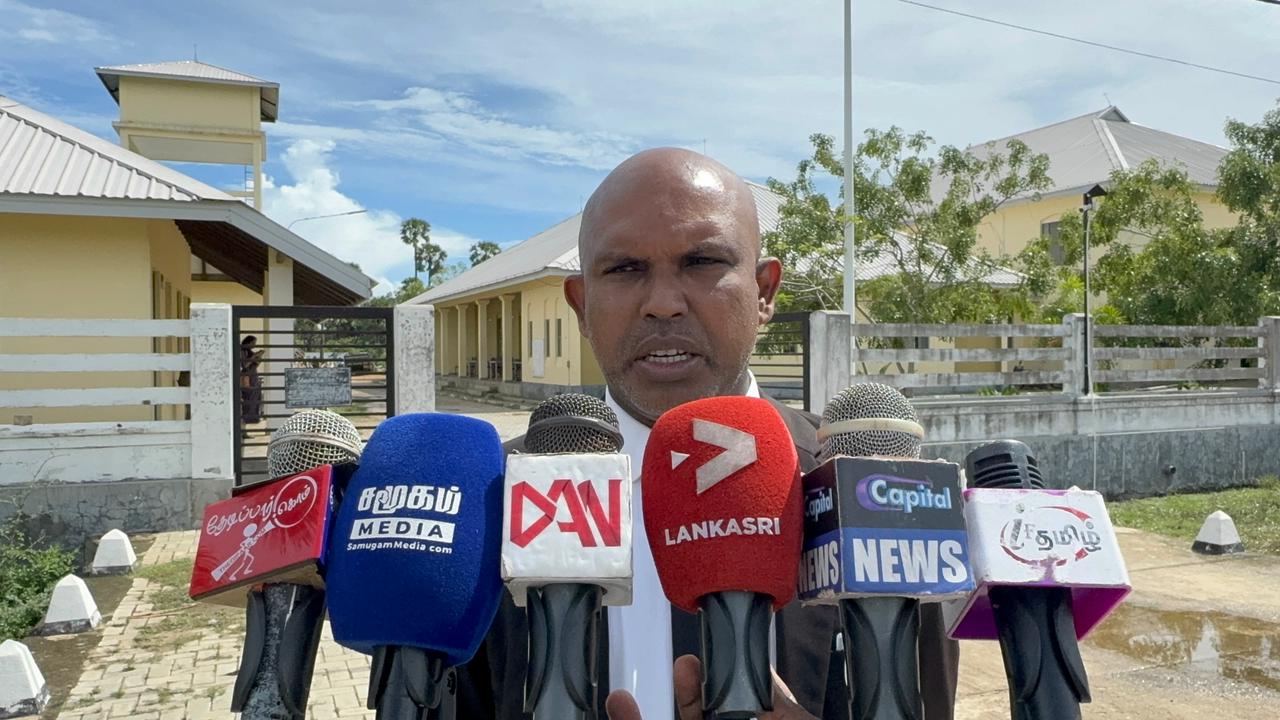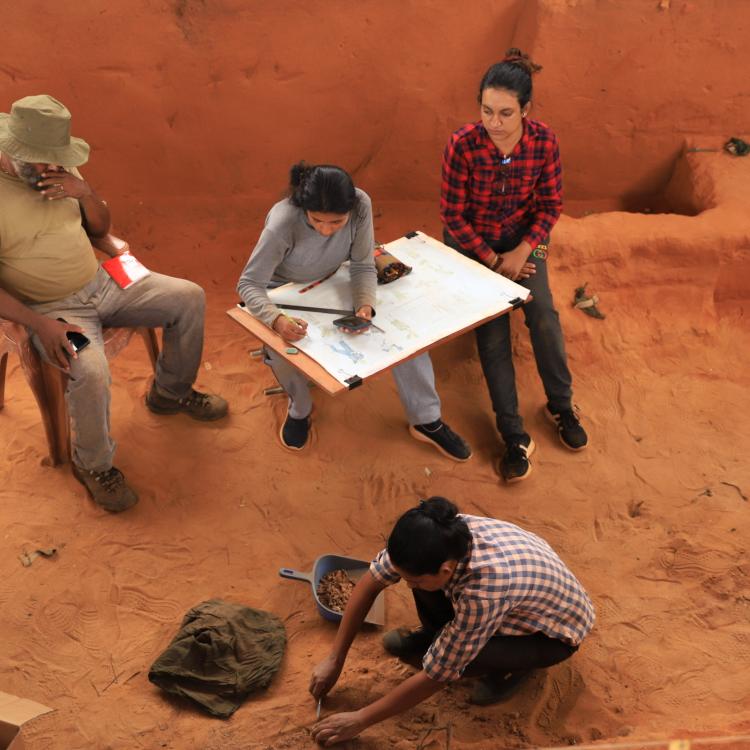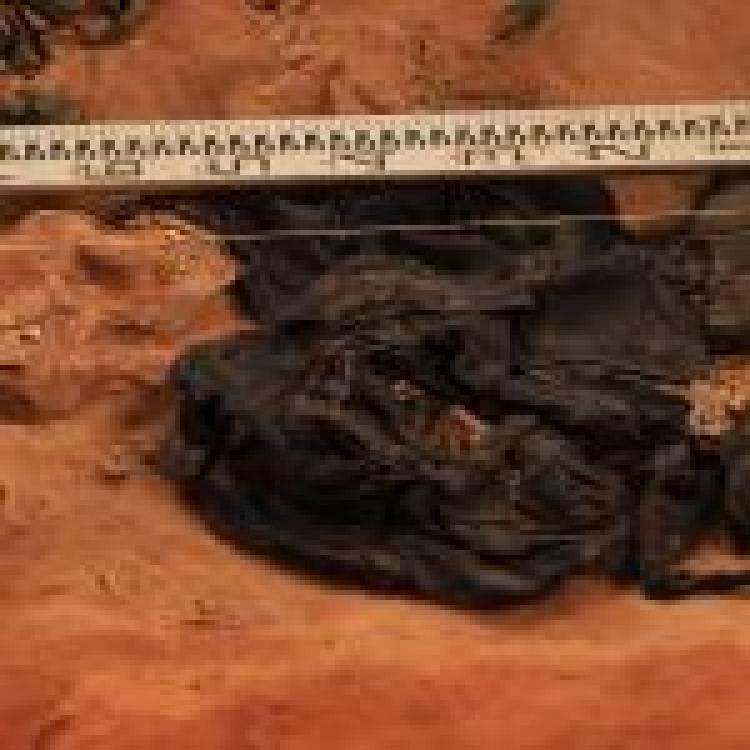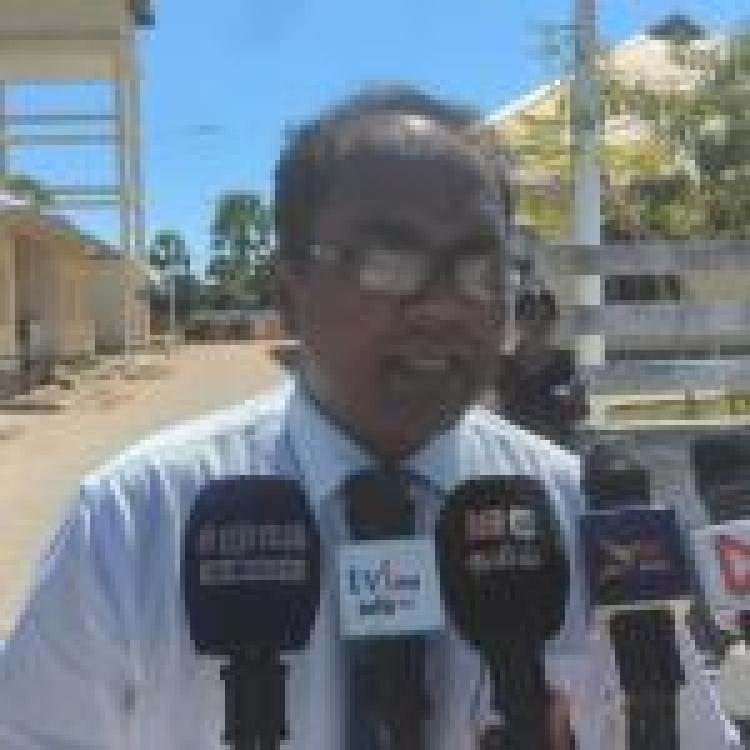
The Kokkuthoduvai mass grave case, plagued by repeated delays, has been further adjourned to February 27, 2025, more than a year after a set of skeletons presumed to be those of Liberation Tigers of Tamil Eelam (LTTE) fighters were unearthed.
The latest hearing on December 12, 2024, saw the Medical Examiner request additional time to submit crucial evidence, explaining that there was insufficient time to finalise the report. The court accepted this request, granting the Medical Examiner two more months to complete the necessary analysis.
This case, which has been in the courts since the discovery of the mass grave in June 2023, is now set back once again. The remains unearthed in Kokkuthoduvai , located in Mullaitivu, are believed to be those of LTTE fighters who were buried between 1994 and 1996. The excavation began after construction workers from the National Water Supply and Drainage Board accidentally uncovered the remains, sparking public and legal attention.
Despite some progress in identifying the remains, including the recovery of identification tags from the deceased LTTE fighters, the case has been riddled with delays. Forensic and archaeological experts, such as Professor Raj Somadeva from the Department of Archaeology, have contributed to the investigation, but the families of the disappeared continue to express frustration with the slow pace of the process. Tamil families of the disappeared have long accused the authorities of a cover-up and mishandling of evidence, demanding transparency and accountability.
In a recent update, it was revealed that up to 20 of the skeletons retrieved from the site have been fully analysed, while the remaining remains are still being examined. However, despite this, many families are still waiting for clarification on whether their loved ones are among the dead. The court has ordered the public release of the identification tags found on the skeletons, with the hope that it may lead to further identification of the deceased through public input.
The Kokkuthoduvai mass grave has also faced logistical challenges. A seven-month suspension in the excavation work was triggered by a lack of funding, which led to protests by the Association for the Relatives of the Enforced Disappearances (ARED), who accused the authorities of intentionally stalling the investigation.
The concerns about evidence being mishandled have been echoed by human rights organisations. A report from the International Truth and Justice Project (ITJP) in 2023 stated that there has been systemic interference in investigations into mass graves in Sri Lanka, preventing families from receiving the remains of their loved ones and hindering efforts to prosecute those responsible for disappearances and deaths. These claims align with the broader criticism of Sri Lanka's record in dealing with the legacy of the civil war and the enforced disappearances that occurred during and after the conflict.



